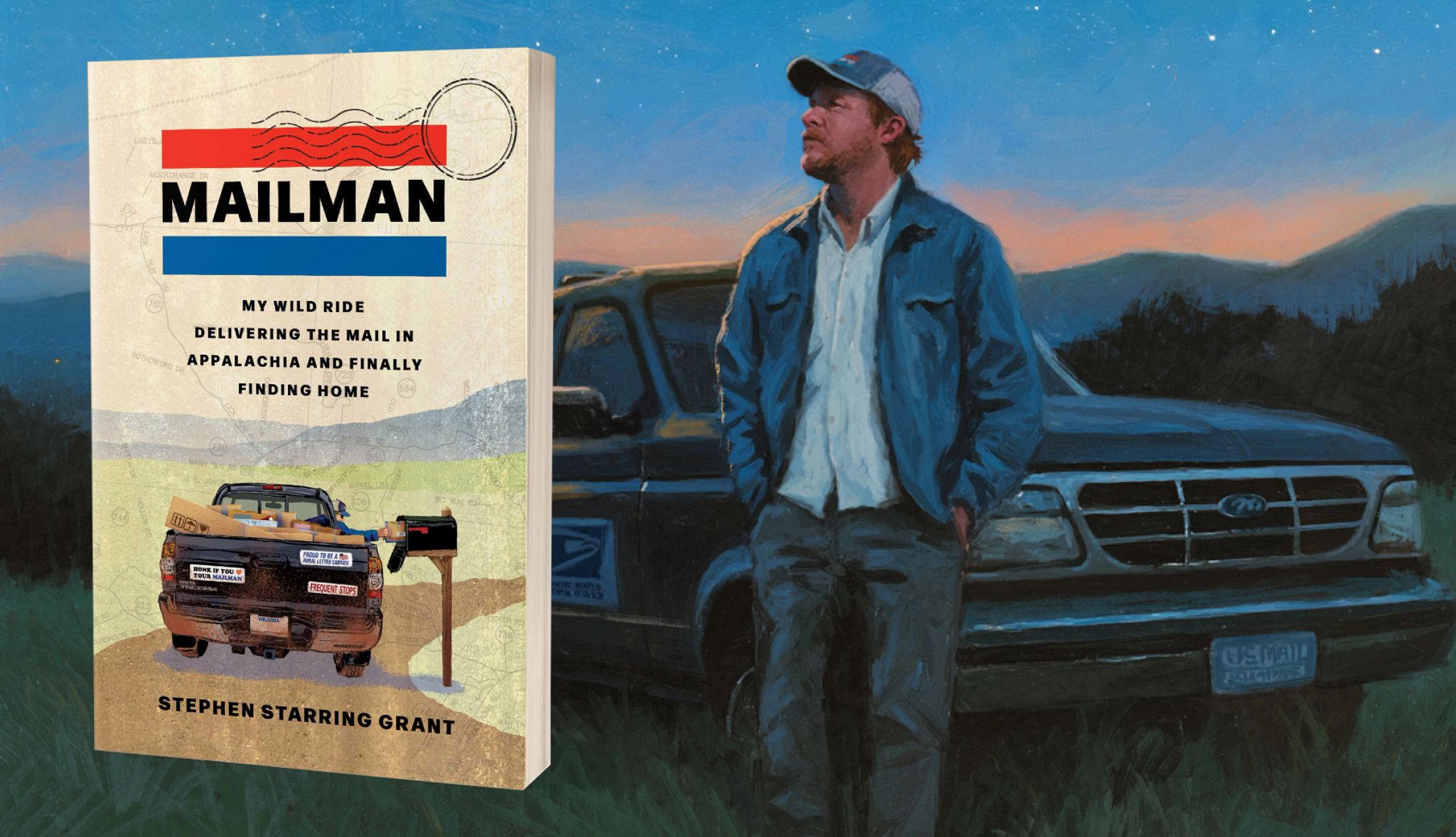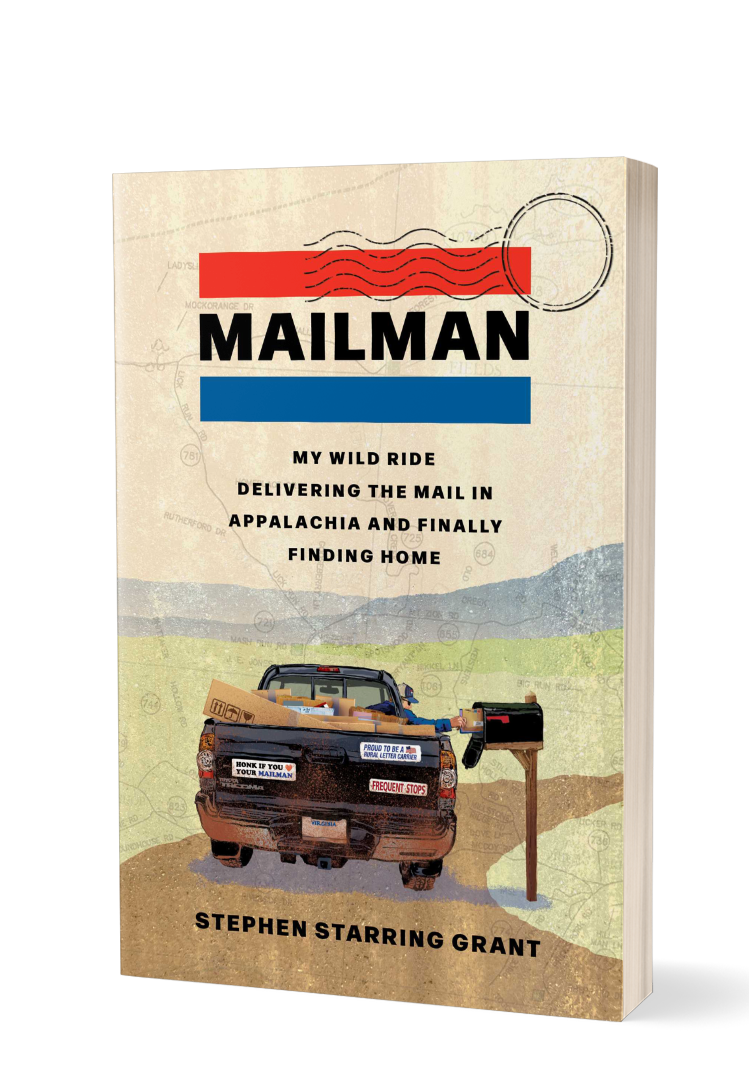AARP Hearing Center


When the pandemic hit, Stephen Starring Grant, 55, had a secure career. As a seasoned marketing consultant, he ran a behavioral economics lab, collaborated with best-selling academics and gave talks at important conferences. But then, at 50, the father of two was laid off, newly diagnosed with cancer and about to lose his health insurance. So he took a job as a rural mail carrier in his Appalachian hometown — an adventure he recounts in his new book, Mailman: My Wild Ride Delivering Mail in Appalachia (July 8). You can read an excerpt here.
We talked to Grant about the experience and the many ways it changed him. This interview has been edited for length and clarity.
What was the transition like?
It was like getting dropped into someone else’s life. I thought it’d be a humiliating stopgap, but it ended up being the most clarifying, meaningful year of my life.


“Mailman” is a poignant look at both rural America and the dedicated (and sometimes eccentric) letter carriers who keep our lives running smoothly day to day.
What surprised you the most?
Honestly? How bad I was at it. I was a terrible mailman at first. Sorting mail in route order, driving one-handed on dirt roads — I was overwhelmed. But that was part of the gift. I had to tolerate sucking for a while. And then I got better.
How did you manage to keep the job?
When you’ve been in your career 20, 30 years, you forget how fluent you are. You forget what it feels like to be new at something. I started to use what I was good at: meticulous prep, planning, learning. I wrote out every street name. I studied the route on Google Maps like a military operation. Eventually, it clicked.
Did the work change how you saw yourself?
Before this, I’d been in rooms where people listened to me because of my title. I got respect for free. Once I put on that uniform, I realized, Oh — this is who I am without the business card. That’s when things got interesting.
Did it change how you saw other people?
Absolutely. I tell people: Your mail carrier sees everything. How you talk to your kids. How you treat your dog. There’s a kind of post office group chat in every town — “Watch out for that guy” or “That house leaves out snacks.” You learn to recognize decency. And you remember how much it matters.





































































You Might Also Like
AARP’s Favorite 2025 Books (So Far)
AARP’s books editor shares her top 10 reads
Melinda French Gates Discusses Her New Memoir
The philanthropist talks to AARP about Life, Love and ‘The Next Day’
Mel Robbins Explains the Power of 'Let Them'
The bestselling author talks to AARP about finding happiness by ceding control